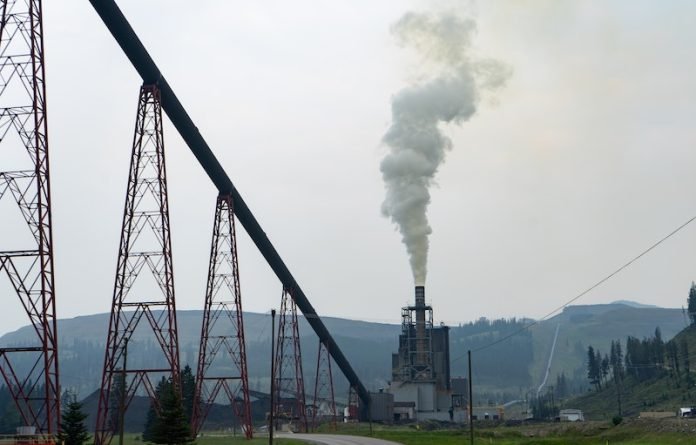
In a study from the Keck School of Medicine of USC, scientists found that exposure to poor air quality worsens patient outcomes in COVID-19, even among the fully vaccinated.
They analyzed health records from more than 50,000 COVID-19 patients across Southern California.
By comparing publicly available air quality monitoring data with deidentified patient medical records, they showed that regardless of air pollution exposure, vaccines go a long way in reducing COVID-19 hospitalizations.
But air pollutants—in particular fine particles (PM2.5) and nitrogen dioxide (NO2)—are still harmful.
Even among people who were vaccinated, exposure to those two pollutants over the short or long term increased the risk of hospitalization up to 30%.
The team says among vaccinated people, the detrimental effect of air pollution exposure is a little smaller, compared to people who were not vaccinated. But that difference is not strong.
The research builds on the team’s earlier findings, which helped establish the link between air pollution exposure and COVID-19 severity.
The team says these findings are important because they show that, while COVID-19 vaccines are successful at reducing the risk of hospitalization, people who are vaccinated and exposed to polluted air are still at increased risk for worse outcomes than vaccinated people not exposed to air pollution.
Over the long term, pollution is linked to increases in cardiovascular and lung diseases, which are in turn linked to more severe COVID-19 symptoms.
In the short term, air pollution exposure may worsen inflammation in the lungs and could even alter the immune response to the virus.
The findings suggest that in order to reduce severe cases of COVID-19, people need to improve air quality.
If you care about COVID, please read studies about face masks that can capture and deactivate the COVID-19 virus, and this cancer drug may lower the death risk in people hospitalized with COVID-19.
For more information about COVID, please see recent studies about the biggest risk factors for COVID-19 death, and results showing flu, COVID-19, and related vaccines may increase heart disease risk.
The study was conducted by Zhanghua Chen et al and published in the American Journal of Respiratory and Critical Care Medicine.
Copyright © 2022 Knowridge Science Report. All rights reserved.



